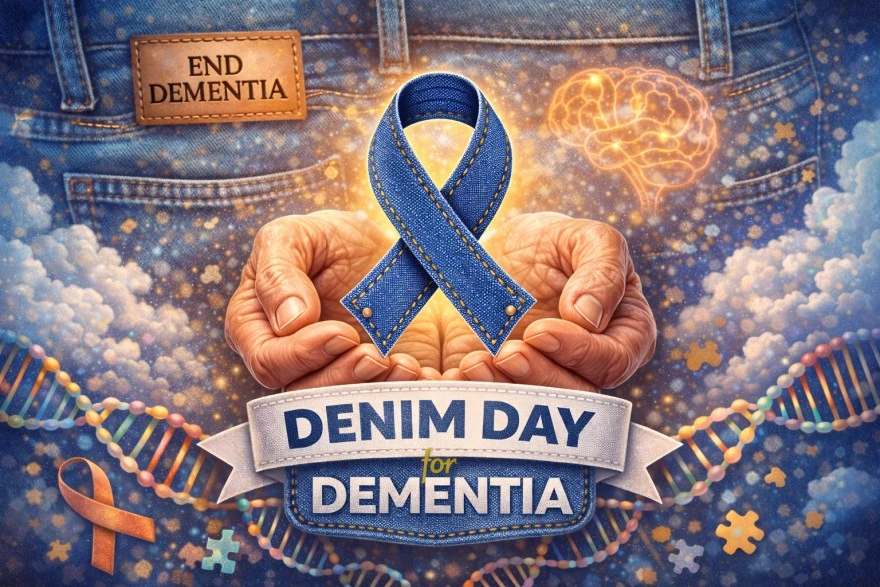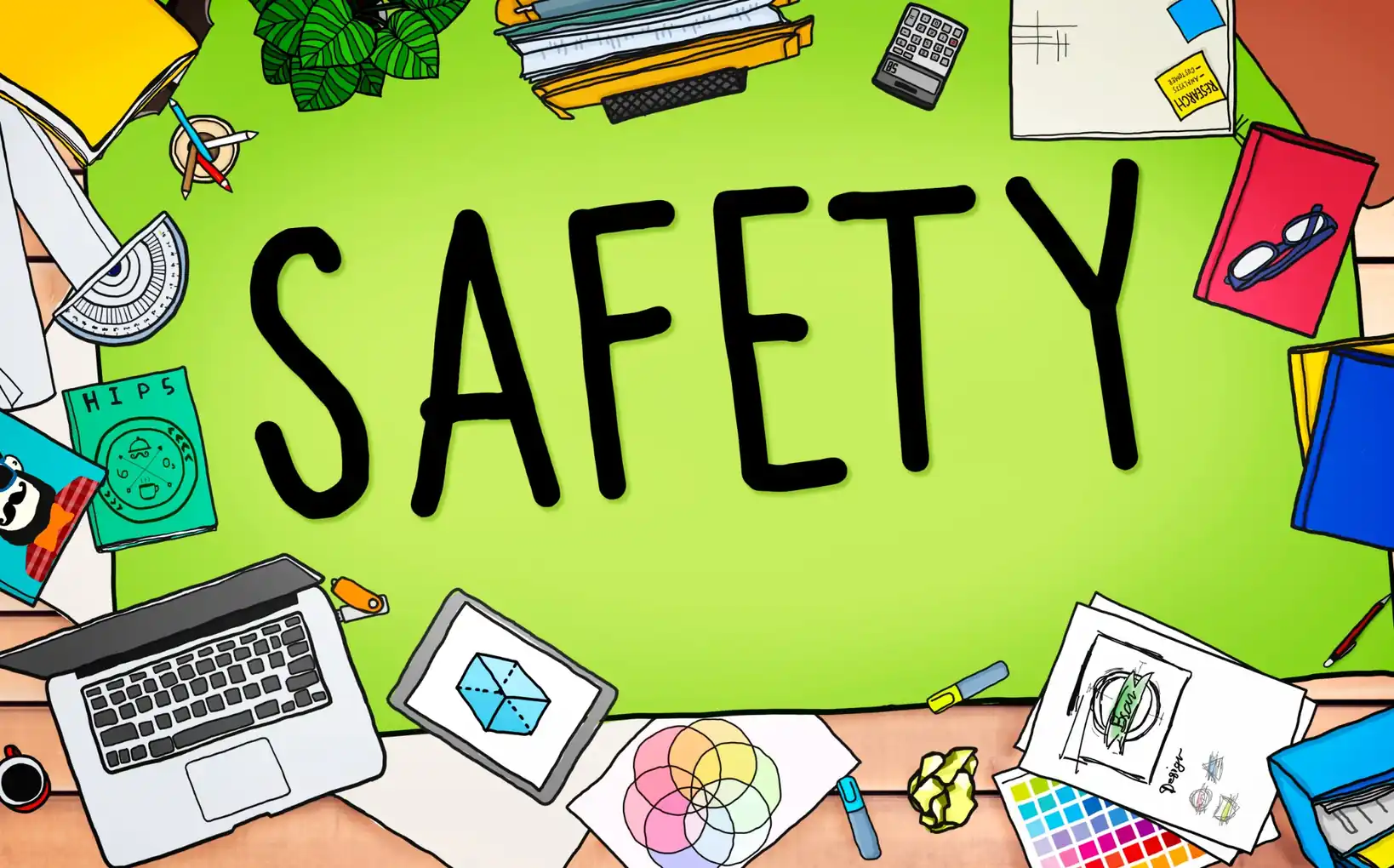Single Antigen Bead Assay (Class II) Test
Also known as: HLA - Single Antigen Bead assay (Class II) by Bead Based Immnunoassay - Luminex, Serum
Overview
Single Antigen Bead Assay (Class II) is a laboratory test that utilizes bead-based technology to detect and quantify specific human leukocyte antigens (HLA) Class II antibodies in a recipient's blood. The test involves the use of beads coated with individual Class II HLA antigens. These beads are incubated with the recipient's serum, allowing the antibodies in the serum to bind specifically to their corresponding HLA antigens on the beads. The fluorescence emitted by the bound antibodies is then measured, providing information about the specific HLA Class II antigens to which the recipient has developed antibodies. This test is valuable in assessing the level of sensitization and the potential risk of immune-related complications, such as rejection, in organ or tissue transplantation. It helps transplant teams in selecting compatible donors, performing cross-matching, and designing personalized immunosuppressive protocols to optimize transplant outcomes.
HLA - Single Antigen Bead assay (Class II) by Bead Based Immnunoassay - Luminex, Serum Price
Metropolis Healthcare is a leading diagnostics centre and pathology lab in India equipped with the latest state-of-the-art technologies that provides the HLA - Single Antigen Bead assay (Class II) by Bead Based Immnunoassay - Luminex, Serum with a clear pricing structure.
The HLA - Single Antigen Bead assay (Class II) by Bead Based Immnunoassay - Luminex, Serum Price in Rajkot is ₹ 21,400 .
We are committed to deliver accurate and quality results from the best labs in India with complete transparency regarding test cost and turnaround time. No matter where you are, we strive to offer patients high-quality service that is affordable and accessible.
Frequently Asked Questions
The Single Antigen Bead Assay identifies the HLAs (Class II) on the surface of cells.
• To determine donor-recipient compatibility for organ transplantation • To assess the risk of organ rejection after transplantation • To evaluate previous transplant outcomes and identify reasons for rejection • To guide treatment decisions and adjust immunosuppressive therapy • To monitor patients with autoimmune diseases like lupus or rheumatoid arthritis
This test is recommended when • a patient requires an organ transplant, • assessing organ compatibility between a donor and recipient, • evaluating risks of rejection after transplantation, • monitoring immunosuppressive therapy effectiveness, or • diagnosing autoimmune diseases like lupus or rheumatoid arthritis.
If the Single Antigen Bead Assay (Class II) results are abnormal, it may indicate a higher risk of organ rejection or incompatibility between a donor and recipient.
A small sample of your blood will be collected. The blood sample will be sent to the laboratory for testing.
• No specific dietary restrictions are necessary. • Inform your doctor about any medications you are taking and any specific requirements you have. • Provide a complete medical history to aid in result interpretation.
• Crossmatching: To confirm compatibility between the donor and recipient. • HLA antibody testing: To identify antibodies that may increase the risk of organ rejection. • Tissue typing: Determining tissue compatibility between a donor and recipient for transplantation.
HLA Class II typing
Organ transplantation is a surgical procedure where a healthy organ or tissue is surgically transplanted from a donor into a recipient's body to replace a damaged or non-functioning organ. It is commonly done for conditions such as end-stage renal disease, liver failure, heart failure, or lung disease.
Ratings & Reviews (0)
Why Metropolis?
Metropolis has a team of 200 senior pathologists and over 2000 technicians delivering diagnostic solutions in the areas of routine, semi specialty and super specialty domains like Oncology, Neurology, Gynaecology, Nephrology and many more.
We offer a comprehensive range of 4000+ clinical laboratory tests and profiles, which are used for prediction, early detection, diagnostic screening, confirmation and/or monitoring of the disease.





















 WhatsApp
WhatsApp